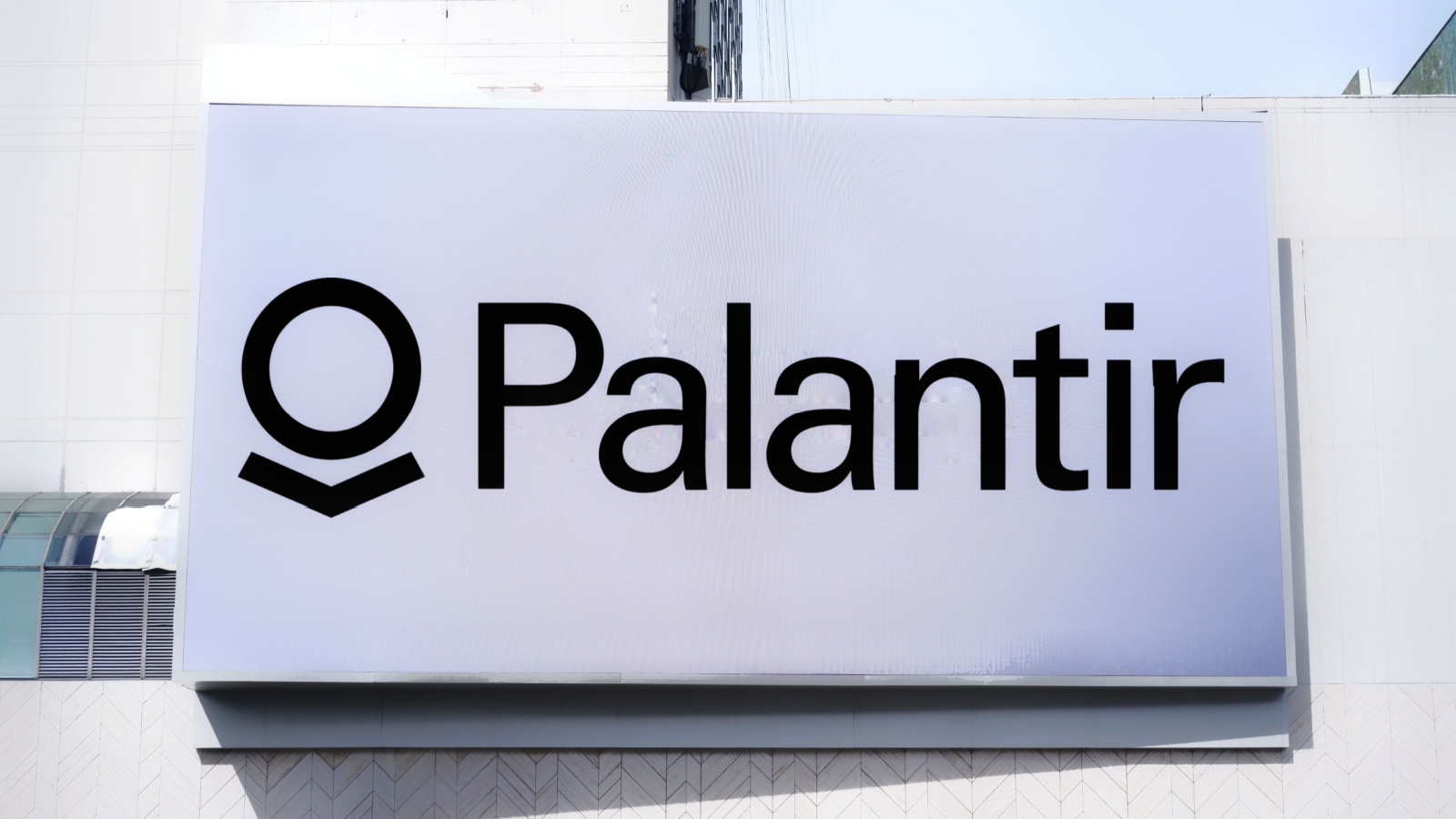In the financial market’s AI race, investors are focusing on specific stocks. Palantir (NYSE:PLTR) has gained significant attention recently, with its stock more than doubling year-to-date, outperforming many other AI-related companies.
For growth investors, the key question is whether PLTR stock is a worthwhile buy at its current levels or if its rally is mostly done. I believe the company’s strong earnings outlook might be overly optimistic given its past performance.
Let’s explore why caution may be warranted with PLTR stock at this point.
Recent PLTR Stock News
Recent PricewaterhouseCoopers (PwC) news underscores Palantir’s shift from military tech to civilian applications. Palantir has reportedly inked agreements with the asset management firm in Houston and an Italian medical foundation. Additionally, a substantial contract from Britain’s National Health Service is on the horizon, potentially valued at $580 million over five years. That’s great news for those who view Palantir as a growth story.
That said, while Palantir is profitable with $2.2 billion in annual revenues, its market cap stands at 15 times that figure. After going public in 2021, PLTR stock reached $35 per share but dropped to $6.40 this year before rebranding its database apps as “artificial intelligence.” The buzz around generative AI briefly tripled its value until recent interest rate increases.
Skeptics, like myself, view Palantir as overpriced, citing modest profits and a 13% year-over-year growth rate. According to Fintel, only 8% of the stock is shorted, but 57% of off-exchange trading volume is associated with short positions.
PLTR Headwinds Will Continue
Palantir’s stock, despite a recent surge, remains significantly below its peak of $39 per share in January 2021. Its revenue growth has slowed down, with a 24% increase in 2022 and an expected 16% growth in 2023, falling short of its earlier target of 30% annual revenue growth through 2025.
Palantir attributes its growth slowdown to government contract timing and commercial platform challenges but expects new features, like an AI Platform, to stabilize its long-term growth. Meanwhile, the company is cutting costs to boost adjusted operating margins, maintaining profitability and initiating a $1 billion buyback plan.
Valuation Is Vital
In conclusion, Palantir’s valuation is crucial. Despite its recent rally, with a price-to-sales ratio of approximately 15 times, the stock is priced for perfection. However, it could face substantial downside risks if it doesn’t maintain strong growth in both revenue and profits.
Indeed, PLTR stock has fallen about 11% from its high this year due to reasons like a Morgan Stanley (NYSE:MS) downgrade citing valuation concerns. Wall Street analysts are cautious, while retail investors see it as a momentum play. However, as the momentum wanes, investors in the AI space will likely favor companies with strong and growing margins, which Palantir lacks.
On the date of publication, Chris MacDonald did not hold (either directly or indirectly) any positions in the securities mentioned in this article. The opinions expressed in this article are those of the writer, subject to the InvestorPlace.com Publishing Guidelines.
